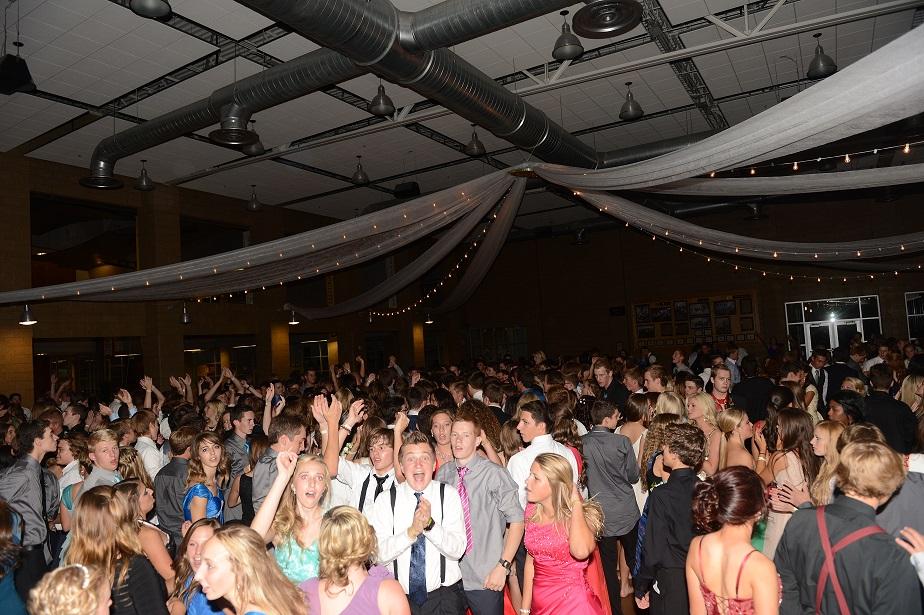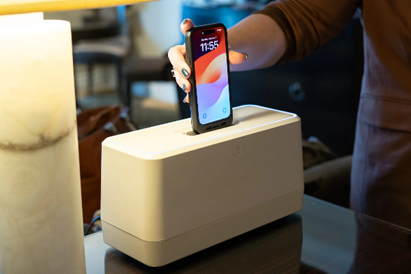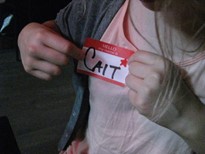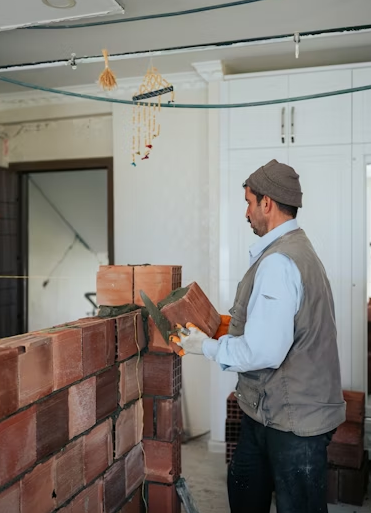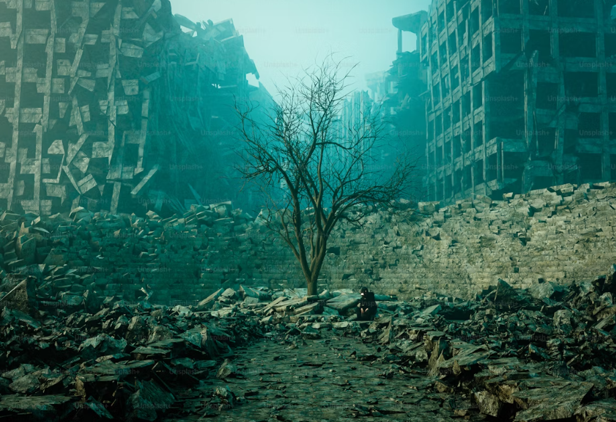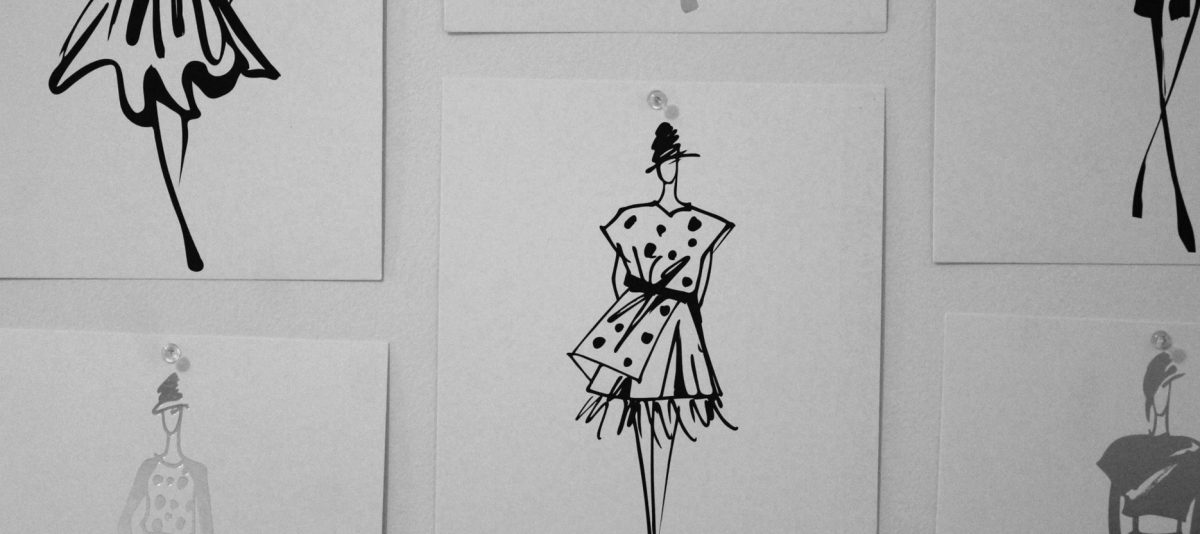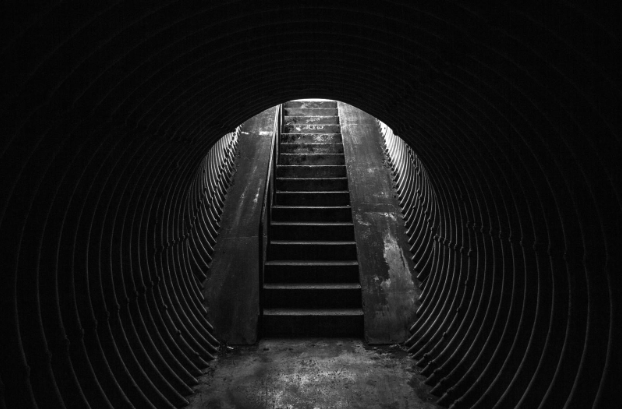It is easy to forget that Davis High School’s walls are made of cinderblock. They could be wood and plaster or brick and mortar and, to most students, it would make no difference. Cinderblock does not mean anything unless you have felt the weight of it. Until you have hefted the blocks or laid the mortar or cut the wood, walls are walls are walls.
But once you have felt the weight of a cinderblock, it is hard to see anything else. Suddenly, cinderblock walls become well- or poorly built, the bricks can be good or bad quality, the design can be purposeful or thoughtless. Only after you have been the builder do you think about the process of building.
Many kids had the chance to become builders this summer through “Humanitarian Experience,” or HXP. If you have never heard of HXP, it is a nonprofit organization that allows teenagers to do humanitarian work abroad. Participants make a list of the top 20 locations they would like to go of HXP’s 65 options and are assigned one of them in a raffle (usually getting one of their top 10). After the paperwork, doctors’ appointments, payments, and other logistics, at some point the following summer builders find themselves at an airport. At this airport, they meet with their trip group, a family-to-be.
After texting your last goodbyes and handing in your phone, you step onto a plane. That plane may take you to a work site in Zimbabwe. It may take you to a refugee camp in Italy. It may take you to a rooftop garden in India. That plane will take you to somewhere you did not know existed; it will take you to people who are living lives you did not think possible.
Regardless of where you go, you spend about two weeks there working on your service project and learning to love the people around you. On TEACH trips, builders teach English in classrooms. On LOVE trips, builders spend time with and serve people in situations they might have never thought to consider. On BUILD trips, builders create foundations, walls, scaffolding, windows, roofs, and, by the efforts of multiple trips, a building. By the end of the trip, builders leave cinderblock walls a little higher. They take with them the memory of lifting a cinderblock, the feeling of lifting it.
These cinderblock walls matter. The things builders do have a real impact on the communities they support. HXP is very intentional about their service projects, carefully selecting the ones that are most needed and designing them with the goal of sustainability. The necessity and sustainability of the projects allow their benefits to be remembered and appreciated long after the builders go home. In Dzaleka Refugee Camp in Malawi (a country in Africa), I personally saw the benefits of previous trips. A few years prior, a trip had built a chicken coop that I had the opportunity to see functioning. The people of Dzaleka Refugee Camp are lucky if they eat once a day, but this chicken coop and the chickens it houses provides people with meat, eggs, and provided fertilizer for the garden. Whatever HXP builders build, their projects will be used and appreciated for years to come. Kids will start kindergarten in the classrooms participants build, the garden planted by builders will bear fruits and vegetables, and the people served will remember your name.
But just as important, you will remember their names. If you choose to go, you will come home thinking of the worksite manager, your hosts, your trip leaders and parent builders, your second family and your new friends. You will meet so many people, and their names will stick with you for years to come, some will stay with you forever. You will remember the weight of a cinderblock. You’ll feel that weight looking at the wall. And suddenly, in cinderblock walls, you see human effort. The way to appreciate buildings is to understand the process of building. Experience is the basis of empathy.
HXP gives you the hardest experiences, gives you a glimpse into the hardest lives, lets you struggle to lift the cinderblock. And in turn, it gives you empathy. Suddenly everyday things have meaning. Since coming home, I divide everything I buy by $2.50 because that is the amount each person at Dzaleka is forced to survive on per month. Ruby Wilden told me how her HXP trip to Colombia forced her to be friends with people she would not normally choose, and because they worked and laughed and cried together, they have become friends for life. Davis Prince, who went to Savusavu, Fiji, told me how, since coming home, he has marveled at the size of his church’s populace, noticing for the first time how unique it is to have a congregation this large. Going on our HXP trips, not just traveling but serving, loving, witnessing, and building in a place so far from home, has permanently changed how we see the world.
HXP changes lives. First and foremost, it provides service for those who need it most. It lifts cinderblocks. But it also teaches its participants and helps them grow. It gives builders experience and perspective that simply cannot be gained anywhere else. It teaches builders how to build. It teaches them the weight of a cinderblock. And that is something you will always remember. This memory will weigh on you, yes, but keeping that brick with you will help you connect with people who are carrying their own bricks. By giving you experiences that are heavy and difficult and real, HXP builds empathy. This empathy will change how you see the world. It will change a construction worker to a brother, a prostitute to a mother, a prison to a home. Your Humanitarian Experience will show you the fingerprints on a cinderblock wall.
When I asked them if they would recommend an HXP trip to someone else, both Ruby and Davis interrupted me before I had finished asking the question with an emphatic “Yes!” I have never heard anyone say no. If you want your own Humanitarian Experience, applications are now open on HXP.org.















